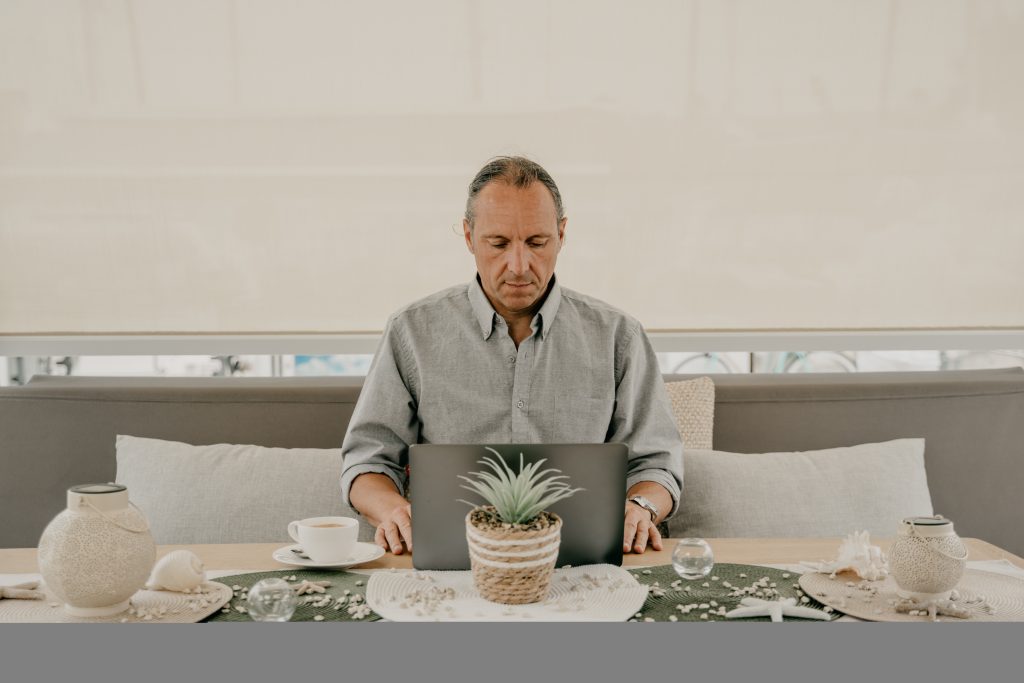
4 Minutes
We were not built to sit in front of screens and live sedentary lifestyles. This evolution is relatively recent. Only in the last twenty years have we seen our daily lives become this way. These changes have brought both positive and negative effects. In today’s world, it is very easy to get overwhelmed and distracted by a million different things. e are learning to balance so many different things. If we are unable to be present, we will always be stretched thin, unable to experience life as it was made to be. That’s why mindfulness has become an in-demand tactic for keeping up with the modern world. In honour of National Workaholics Day: we sat down with our Clinical Director, Dr. Sarah Boss, to discuss how she defines mindfulness, how she practices it in her day to day, and top tips for developing the muscle.
A UNIQUE METHOD TREATING Insights
a successful and proven concept focusing on underlying causesLASTING APPROACH
0 Before
Send Admission Request
0 Before
Define Treatment Goals
1 week
Assessments & Detox
1-4 week
Psychological & Holistic Therapy
4 week
Family Therapy
5-8 week
Aftercare
12+ week
Refresher Visit
Insights
latest news & research on InsightsHow To Love Yourself
It is not as difficult as you would imagine to communicate with your higher guidance. The trick is to be willing to learn about self-love. The solutions may come quickly or gradually. They can appear in the form of words
read moreMental Training For Athletes
The mental self and physical self are symbiotically linked. In other words, everything that happens in the mind has an impact on the body, and vice versa
read more






